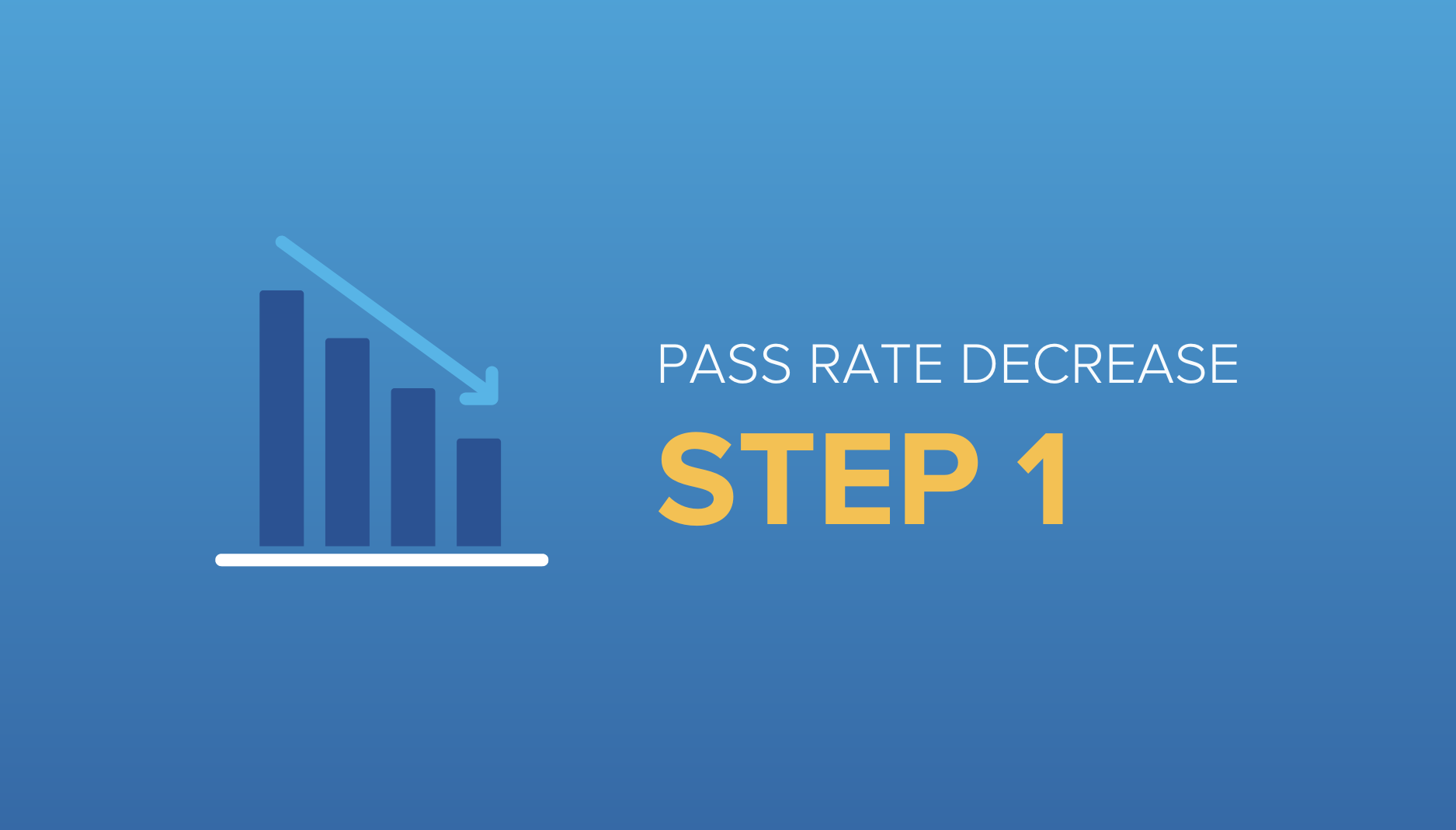10,000 dollars! 10K is a decent chunk of money, which is the exact amount that was recently announced for student loan forgiveness as part of the Student Debt Relief Plan.
A little background, on August 24, 2022, the Department of Education announced that the pause on student loan payments is now extended until January 2023.
“In keeping with my campaign promise, my Administration is announcing a plan to give working and middle class families breathing room as they prepare to resume federal student loan payments in January 2023.” – President Biden
No payments and no interest is great news for those of us with medical school loans. President Biden also announced $10,000 worth of student loan forgiveness for those eligible as part of the Student Debt Relief Plan. The logistics are still in the works and borrowers will need to qualify for and apply for it. Currently, the Federal Student Loan Debt Relief application is open until December 31, 2023.
Naturally, the announcement sparked a ton of questions. This is not a political post, but rather a helpful resource to answer questions regarding the recent change in student loan policy. If you’re wondering what this new plan means for you, here are the answers to some frequent questions below.
Who qualifies for debt relief, and for how much?
To qualify for the $10,000 forgiveness, individual borrowers must have an annual income below $125,000, or less than $250,000 annually for couples.
To qualify for the $20,000 forgiveness, borrowers must meet the above income requirements and also have received a Pell Grant. This translates into a maximum potential $40,000 for married couples who received Pell Grants and make less than $250,000 a year.
That’s great to know, but what’s a Pell Grant?
Pell Grants are typically awarded to undergraduate students who come from lower-income backgrounds. You can read more about Pell Grants on the Federal Student Aid website.
Tell me more about the income requirements. Is it based on my tax returns, and if so, which ones?
When you apply for forgiveness, you’ll submit your most recent income-driven repayment (IDR) form. If you did not fill out an IDR form, your eligibility will be determined by the income taxes you filed in 2021 or 2020, the lower of the two.
I plan to take more loans for the 2023 school year, can those be forgiven?
Current students are only eligible if they took out their loans before July 1, 2022.
Which loans qualify for forgiveness?
Federal student loans eligible for forgiveness are Direct Stafford subsidized/unsubsidized, Direct Consolidation, Direct PLUS Graduate, Parent PLUS, and Family Federal Education Loans (FFEL). If you had a Pell Grant, you are eligible for $20,000 in forgiveness.
What if I refinanced or took on private loans?
Unfortunately, under the current iteration of the forgiveness plan, private student loans will not be eligible for forgiveness.
Where and when should I apply?
The application to sign up for student loan forgiveness is now available until December 31, 2023—however, debt discharges are still temporarily blocked by court order. You can sign up for email updates on the U.S. Department of Education website for any additional news on the application.
What if I am a current student and have no income?
There isn’t an employment requirement to receive this forgiveness. All it requires is an income below the threshold listed above.
I am a current student, should I take out 10K in loans right now?
Nope. The cutoff date for loans that can be forgiven is June 30, 2022.
What about interest on payments?
The payment freeze and zero-interest was extended one more time, until December 31, 2022. This freeze started in 2020 as a way to help those struggling with loan payments at the start of the pandemic and has been extended multiple times, though this is said to be the last.
I owe “X” amount in interest, how does the forgiveness help me?
Depending on how much you qualify for, the forgiveness amount will remove that amount from your total balance, which includes your interest and principal.
Is the forgiveness amount taxed?
No. You will not have to pay taxes on the amount of loans forgiven through this program.
I just finished paying off my student debt, do I receive anything?
Congratulations on paying off your student debt! Go celebrate. This debt forgiveness program only applies to those currently holding the student loans mentioned above. However, if you made voluntary payments after April 2020 during the payment and interest freeze, you may request a refund for those payments by contacting your loan servicer.
How does this affect Public Service Loan Forgiveness (PSLF)?
As long as you continue to make the required payments, the amount forgiven will not count against you for PSLF.
Will the Student Debt Relief Plan actually happen?
Remember that there are still unknowns in this entire process. It is new, and there will be changes in details, but it is a step in the right direction for many of us who have student loans. Now that the application is live, it’s a great idea to apply if you are eligible! Check in frequently with the Federal Student Aid website for additional updates.





